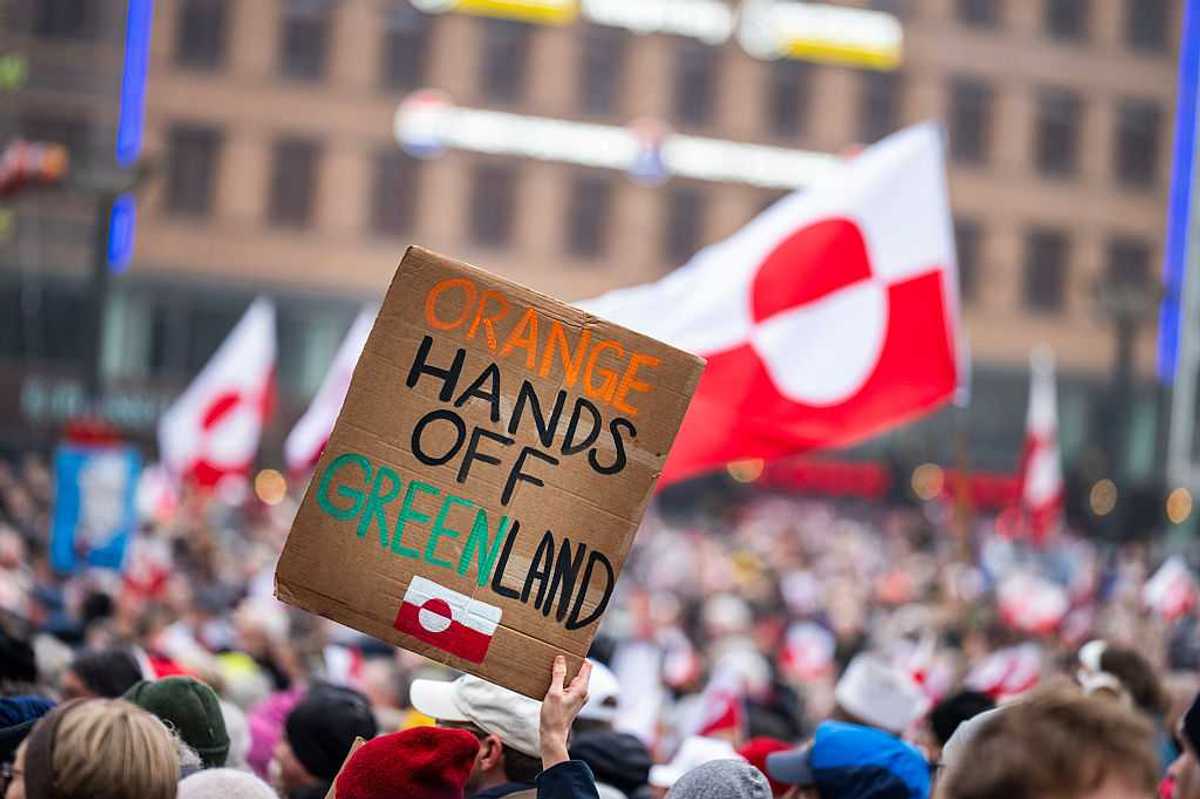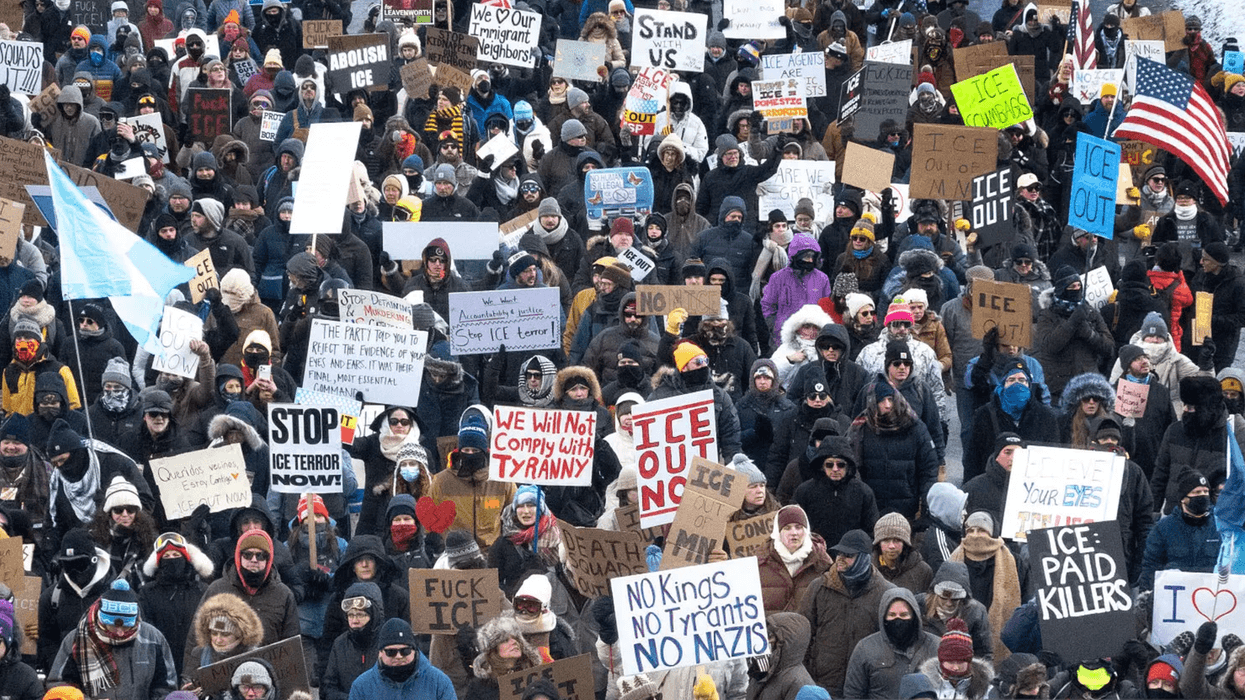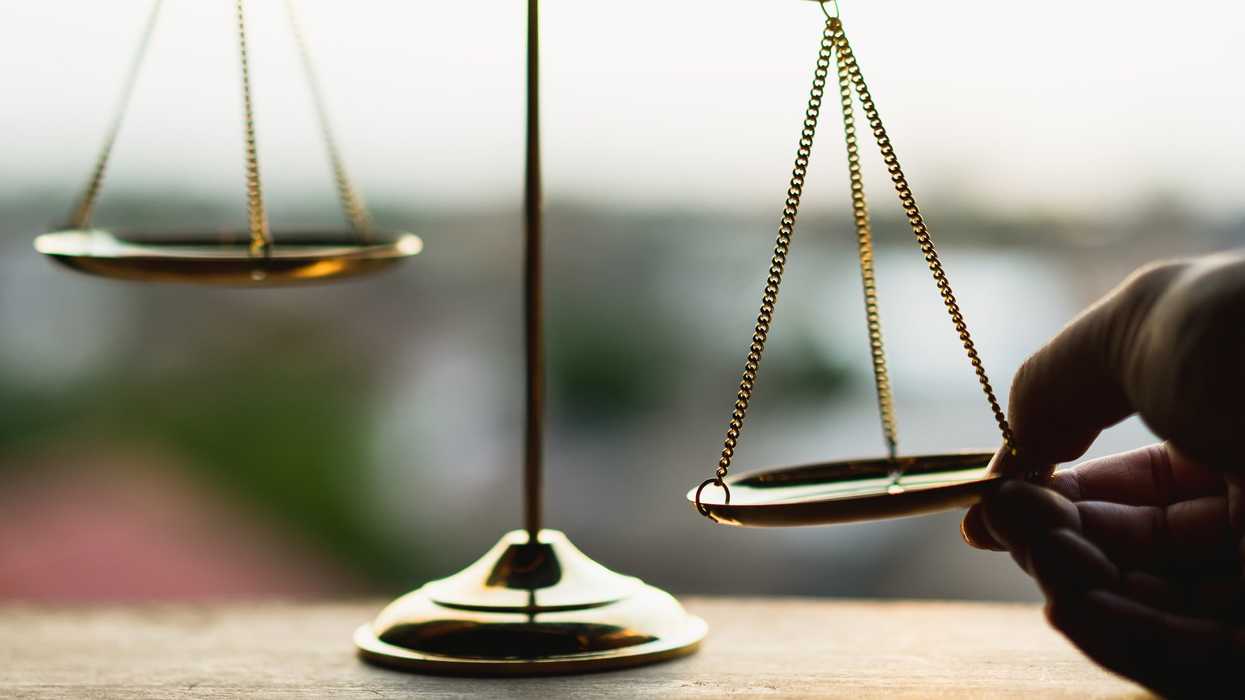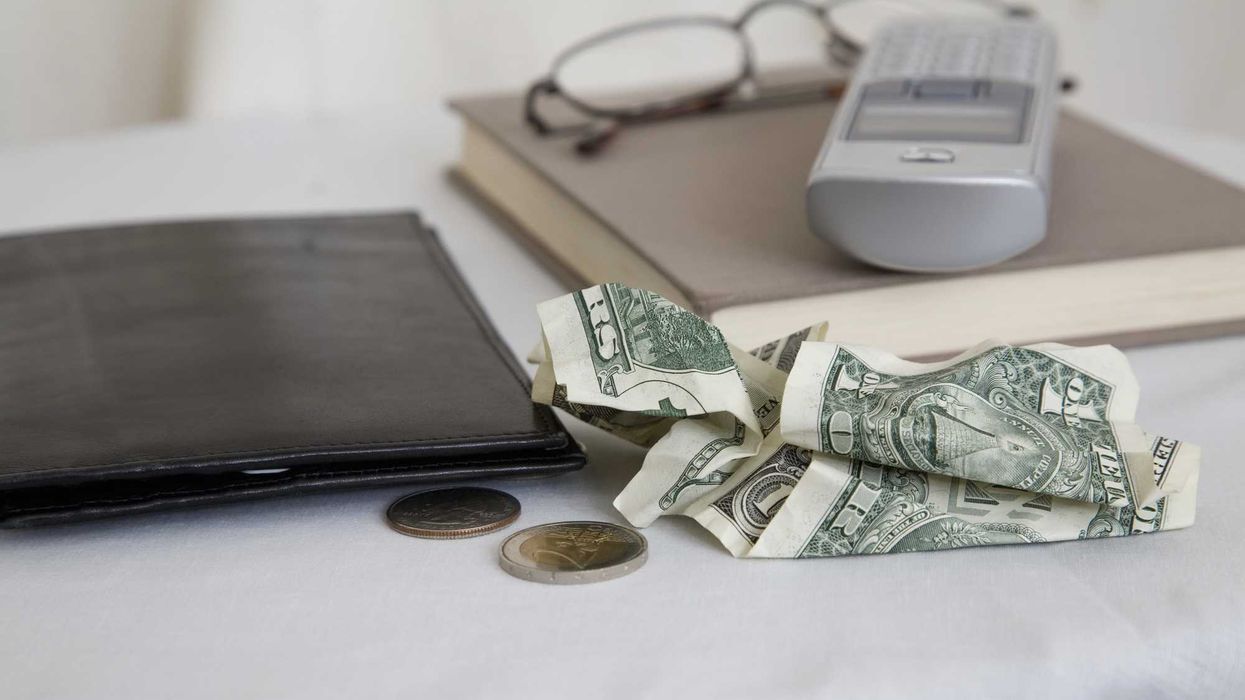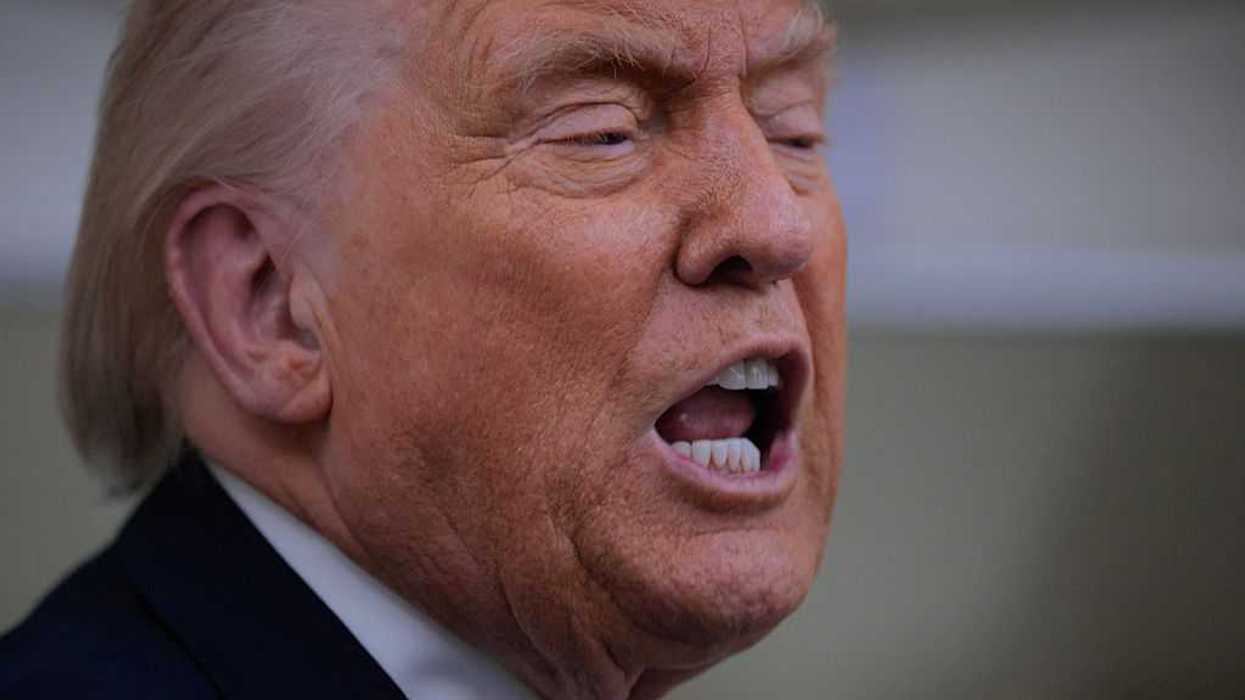Many black Americans are highly engaged politically but a significant number believe politicians don't care about them, according to what is touted as the largest survey of black people since Reconstruction.
The Black Census Project report, released this week, is based on more than 33,000 responses nationwide.
The survey is not a traditional scientific poll, according to the Black Futures Lab, which authored the report. Instead it worked with two of the largest online civil rights groups as well as more than 30 grassroots organizations, sending local organizers into black businesses, churches and other institutions. Because of this, Black Census respondents are younger, more likely to be female and have a higher educational attainment than the overall black population.
Among the findings in the first report based on the survey:
- A large percentage of black people are politically active. More than 73 percent reported voting in 2016 and 40 percent reported some additional electoral activity such as canvassing.
- 52 percent said politicians do not care about black people.
- Low wages is the most pressing economic problem facing blacks, with 90 percent viewing it as a problem.
The census found broad agreement on the solutions to the economic problems facing blacks, including: 85 percent support raising the minimum wage to $15 per hour, 84 percent support making college affordable for anyone who wants to attend, and 90 percent support the government providing health care to everyone.
In addition, more than three-quarters of respondents favored raising taxes on people earning more than $250,000 while 60 percent opposed reducing corporate taxes.
Large proportions identified excessive use of force by police officers (83 percent) and police officers killing blacks (87 percent) as problems in the community.
The report concluded that those blacks engaged politically had similar views on problems and solutions than those who are not. The challenge is convincing those not involved of the "effectiveness of taking action."
In addition, the report notes that blacks are the base of the Democratic Party and that if blacks ceased voting and gave up on the system, "it would upend the Democratic Party and have devastating effects on our democracy as a whole."



